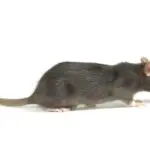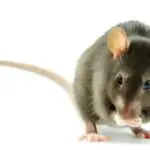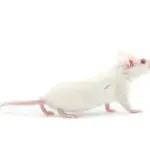Can Rats Survive Rat Poison?
If you’ve ever tried to kill a rat with rat poison, you know that it won’t work immediately. The rats will take their time to die and move back to their nesting areas. Even if you do manage to kill a rat, it may take a while for its body to decompose and attract maggots and flies. In addition, rats that die from rat poison usually end up in hard-to-reach places. It’s often necessary to cut holes in walls to get rid of the dead rat.
The most effective rat poisons are anticoagulants. These chemicals work by blocking the vitamin K cycle, preventing the formation of blood clotting factors. This inhibits platelets from binding to fibrin and creating a permanent plug on the wound. The process requires four proteins called serine proteases, which are important for the production of fibrin. Without these proteins, platelets won’t clump together and bleeding will continue.
While anticoagulant rodenticides are effective for killing mice and rats, many rats are becoming immune to these poisons. In fact, a recent report attributed 70 percent of England’s rat population to being resistant to common rodenticides. While this was alarming news for the public, scientists have since spotted the problem early.
Although the symptoms of poisoning are not immediate, if a rat consumes rat poison, it can result in organ failure, coma, internal bleeding, and even paralysis. Even though some rats survive rat poison and don’t die immediately, it’s important to contact Poison Control right away. You should also take the packaging of the poison with you to the doctor. A trained poison expert can help you identify the right treatment for a rat that has ingested it.








